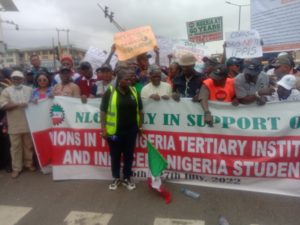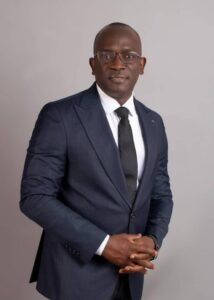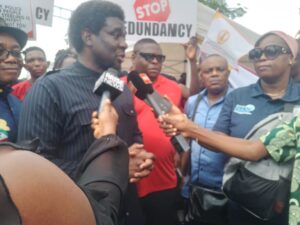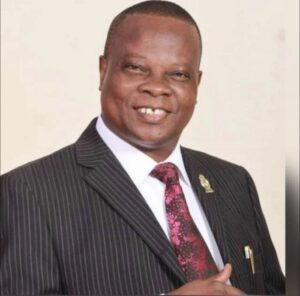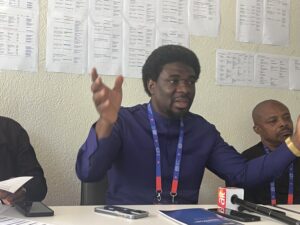Industrialist hails FG’s plan to lay Fibre Optic Cables
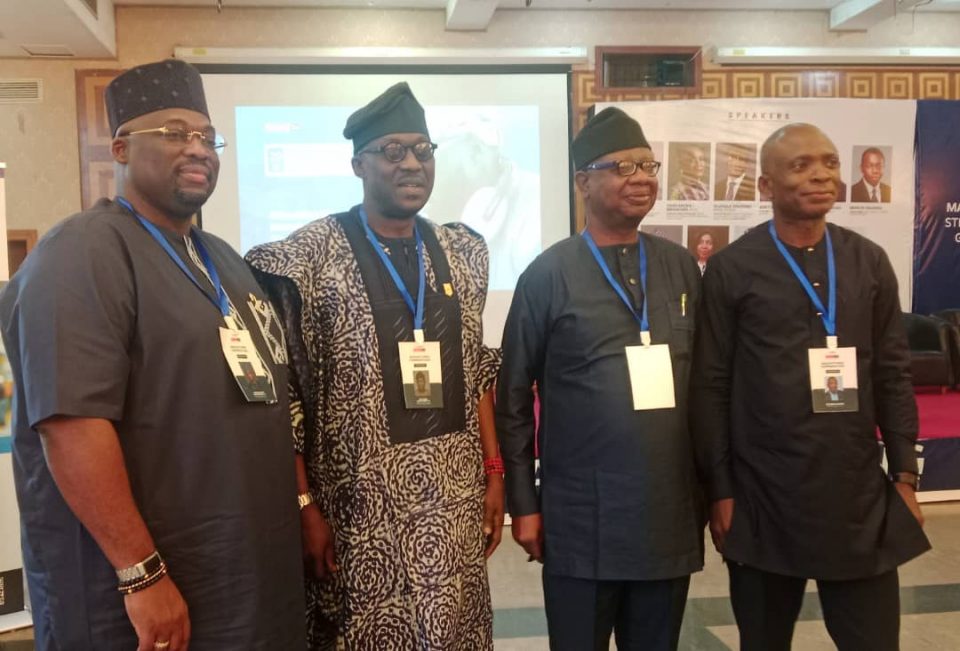
President Bola Tinubu’s plan to lay fibre optic cable across Nigeria, has been described as a transformative step for Nigeria’s technology future and a validation of local industrial investments.
The Managing Director and CEO of Coleman Wires and Cables Industries Limited, Mr. George Onafowokan, in recent reaction to President Tinubu’s intention said the initiative is not only commendable but strategic in unlocking massive job creation and fostering technology infrastructure across the country.
“It’s symbolic for us. The same President who’s pushing this initiative is the one who has championed local content. That vindicates our investment in Nigeria and affirms our belief in its industrial future,” Onafowokan stated.
Coleman, Nigeria’s sole local manufacturer of fibre optic cables since 2022, is already expanding capacity with a second phase expected to be commissioned this year.
The company, he said, is fully equipped to meet the fibre optic needs of not just Nigeria but also the broader sub-Saharan Africa.
“We’re not just solving Nigeria’s fibre backbone need. We’re also positioned to support connectivity across West, Central, and East Africa,” he said, stressing that local manufacturing capacity is vital as the cost of entry into fibre production is high and technically demanding.
He highlighted the broader impact of the initiative, noting that the fibre rollout will create jobs for artisans, drive demand for data centres, support digital infrastructure companies, and stimulate economic activity across multiple sectors.
On the broader democratic context, the Coleman CEO remarked that Nigeria’s industrial growth has benefited immensely from democratic governance since 1999. According to him, institutions like the Bank of Industry and Central Bank have played stronger developmental roles under democracy.
“Democracy has given the industry a voice. It allows stakeholders to challenge policies, like we did recently with the FRC fees, and the government responded swiftly. That wouldn’t happen under a dictatorship,” he said.
Onafowokan concluded by emphasizing that with the right policy direction, local content enforcement, and a stable democratic environment, Nigeria has the potential to become the industrial hub of the Africa continent
